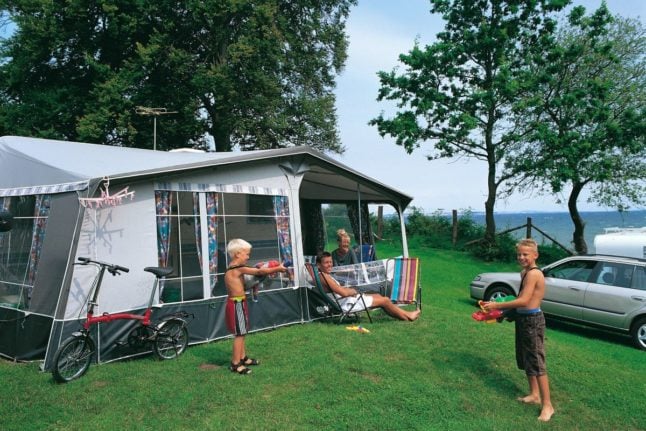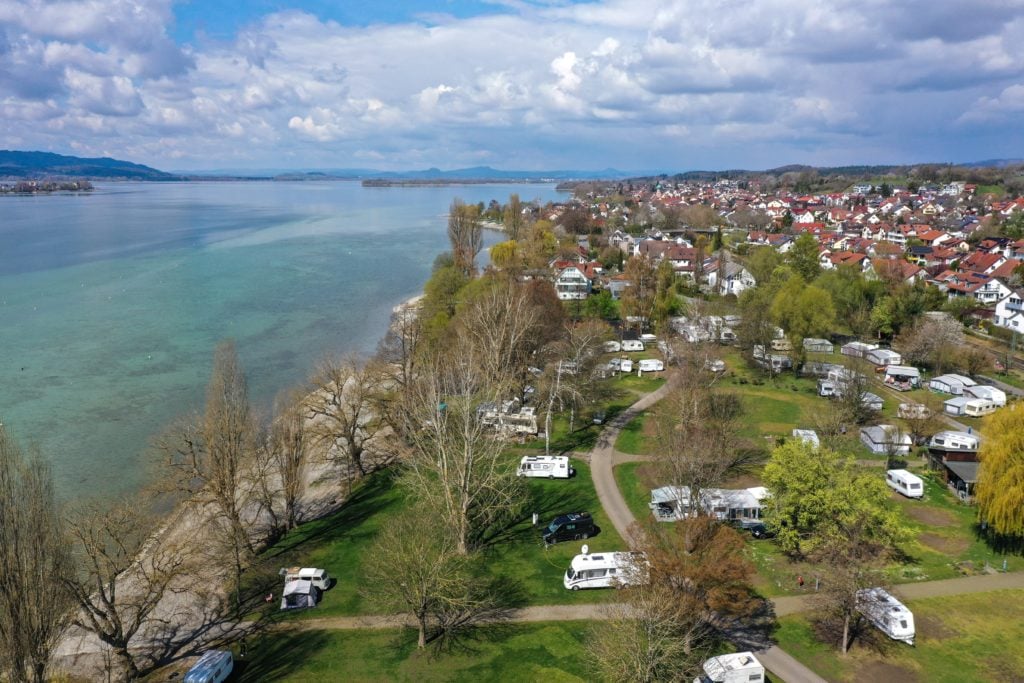P { margin-bottom: 0.08in; }
A man first approached two 59-year-old tourists on the street in the Schöneberg district of the city, showed them an image on a digital camera and asked where the photo had been shot.
The two other men then moved closer to surround the victims, Berlin police said in a statement on Friday.
However, a group of plain clothes police officers happened to be in the area patrolling for pickpockets and noticed the strange behaviour of the group.
They watched as the trio claimed to their victims that they were police officers and proceeded to search them for drugs. The tourists willingly submitted as they had no idea the men were not who they claimed to be.
During the 'search', the men grabbed money from the victims' belongings before running away to a Skoda getaway car waiting nearby.
The real police officers quickly called an unmarked police car to chase down the thieves and went to question the tourists about the crime.
With help from reinforcements, the tricksters were caught and handed over to a specialist criminal police unit. The investigation is continuing.




 Please whitelist us to continue reading.
Please whitelist us to continue reading.
Member comments